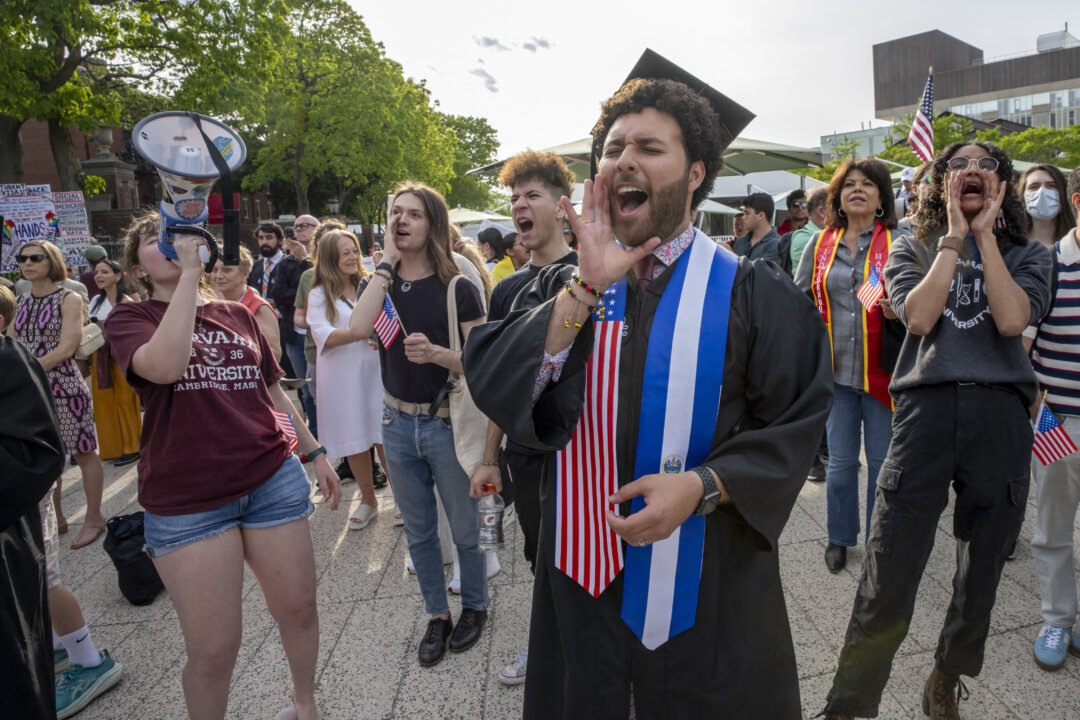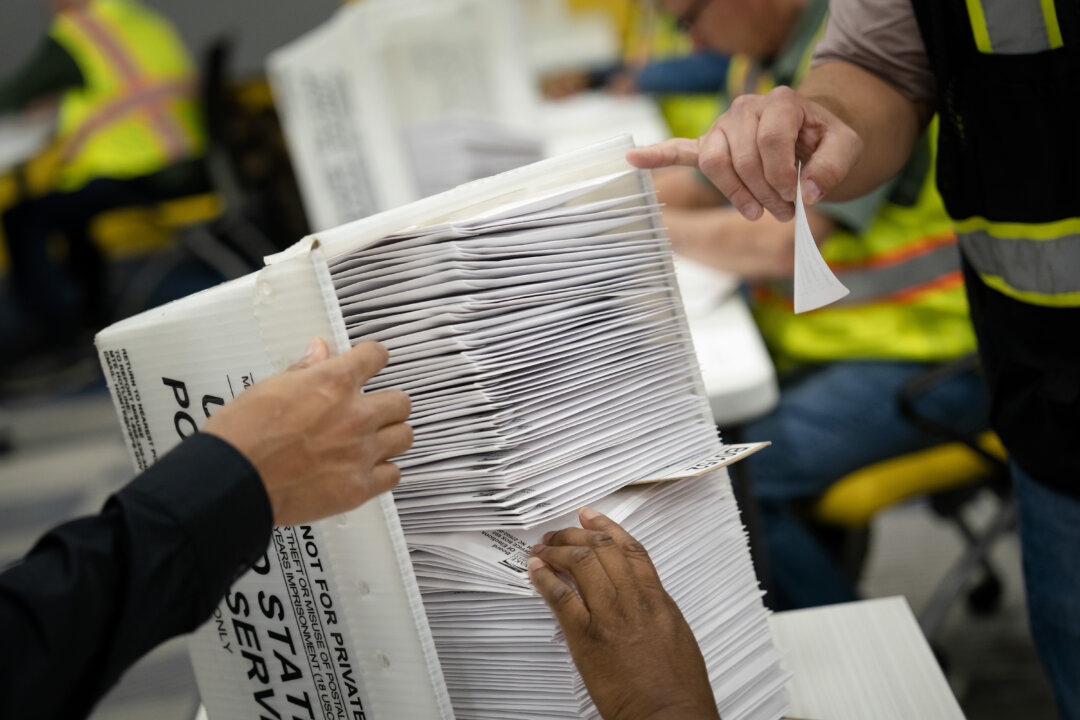Black church leaders are ramping up the pressure on corporate America as companies continue to roll back their diversity, equity and inclusion policies, trying to serve as a counterbalance to President Donald Trump’s aggressive push to end DEI initiatives across the country.
The pressure comes as liberals are still trying to figure out how to respond to Trump’s culture war — and as the Democratic Party grapples with Trump’s improvement among Black and Latino voters in the 2024 election.
“Diversity, equity and inclusion is not charity. It's not a handout and the African American community is a valuable partner,” said Jamal Bryant, a Georgia-based pastor who masterminded a boycott of Target after the retailer curtailed its DEI initiatives in January. “So we want to know: If you can take our dollars, how come you won’t stand with us?”
Shortly after Trump’s election, major companies like Meta and Google rolled back their DEI commitments made in the wake of the 2020 murder of George Floyd by former Minneapolis police officer Derek Chauvin. Within his first week of returning to office, Trump signed an executive order eliminating DEI practices in the federal workplace. He called such programs “dangerous, demeaning, and immoral race- and sex-based preferences.”
“President Trump is bringing back common sense by eliminating DEI policies and making merit the standard once again,” White House Assistant Press Secretary Liz Huston said in a statement. “Performance-driven companies see the value in President Trump’s policies and are following his lead.”
But Black church leaders see these boycotts — Bryant announced in May that Dollar General would be the next target — as a way to push back against the Trump-fueled wave and hold companies accountable.
Bryant says his movement has garnered the support of 2,000 other churches and over 200,000 people signed his pledge to boycott Target.
Frederick Haynes, the pastor of the 13,000-member Friendship-West Baptist Church in Dallas, said joining the movement reflected how he was raised, influenced by the values of the Civil Rights Movement. Companies, he said, must recognize that they have “a moral responsibility” to profiting.
“They have a responsibility to morally go inward and check themselves and recognize that you don’t have a United States without diversity, without equity, without being inclusive,” Haynes said.
In a statement to POLITICO, Dollar General said “our mission is not ‘Serving Some Others’ — it is simply ‘Serving Others.’” The company added that it serves millions of Americans “from all backgrounds and walks of life” in more than 20,500 stores. “As we have since our founding, we continuously evolve our programs in support of the long-term interests of all stakeholders.”
Rev. Al Sharpton — the civil rights leader who supported Bryant’s Target boycott — said the company boycotts are one of the most effective ways to push back against the rollback.
“The success of the Montgomery boycott is that it changed the law,” said Sharpton, founder and president of the National Action Network, referencing the famous mid-1950s bus boycott to protest segregation. “We can't just do things as a grievance, we must go for their bottom line.”
It is hard to tell exactly how much boycotts are hurting companies’ bottom lines. But Target’s CEO Brian Cornell in May acknowledged that at least some of its sales drop, including a quarterly sales decrease by 2.8 percent, was due to “headwinds” including “the reaction to the updates we shared on Belonging in January,” referring to the company’s announcement to end their DEI programs, along with consumer confidence and concerns around tariffs.
A spokesperson for Target told POLITICO that the company is “absolutely dedicated to fostering inclusivity for everyone — our team members, our guests and our supply partners.”
“Today, we are proud of the progress we’ve made since 2020 and believe it has allowed us to better serve the needs of our customers,” the spokesperson said in a statement.
But Sharpton said the boycott is still a powerful tool.
“The power the Black church has is that the people that attend church are your major consumers,” said Sharpton. “You go to a Black church that has 2,000 people and 1,900 of them are the ones that shop.”
Sharpton has his own demonstration planned for this summer — a rally on Wall Street on Aug. 28, the 62nd anniversary of the March on Washington for Jobs and Freedom where Rev. Martin Luther King Jr. gave his renowned “I Have a Dream” speech. Sharpton said he chose the date for the rally on Wall Street intentionally.
“I wanted this year to show the pressure that we're putting on these companies with DEI, to go right to the bastion of industry and right where the stock exchange is and say to them that if you do not want to have diversity — in your boardroom, with your contracts and your employment — then you will not have diversity in your consumer base,” said Sharpton.
But the boycotts do present challenges for church leaders. In some cases, Sharpton said, congregants have forgotten the boycotts are still on — and he says Trump is in part to blame for this.
“One of the things that I learned during the Civil Rights Movement from [Rev. Jesse Jackson] and others is, you have to keep people's attention,” said Sharpton. “But there's so much going on now, Trump and them are so good at flooding the zone. You’ve got to make sure people don't forget, ‘I'm not supposed to be shopping at that store.’ Keeping public attention is a challenge."
But even with congregants who are engaged in the battle to retain diversity commitments across the country, Adam Clark, associate professor of theology at Xavier University, said the church cannot carry the burden alone, especially when the president has taken a stance.
“The attack on DEI is so much broader than the specific companies,” said Clark. “Trump is the culmination of all this type of white aggression against DEI. He has the authority to implement what's been going on in certain parts of the country and he makes it federal law, and I don't think the church by itself has the capacity to just overturn everything that's happening.”
.png)















 English (US)
English (US)